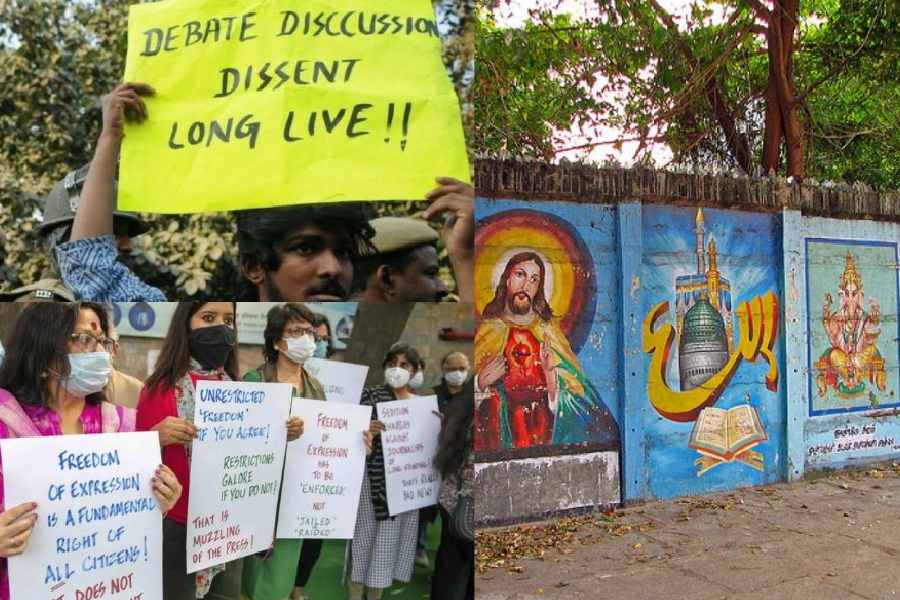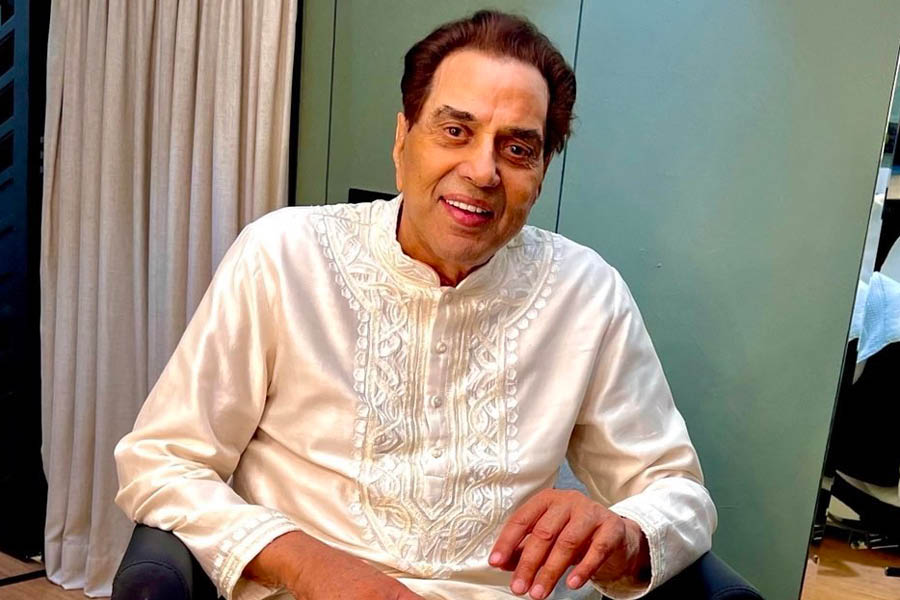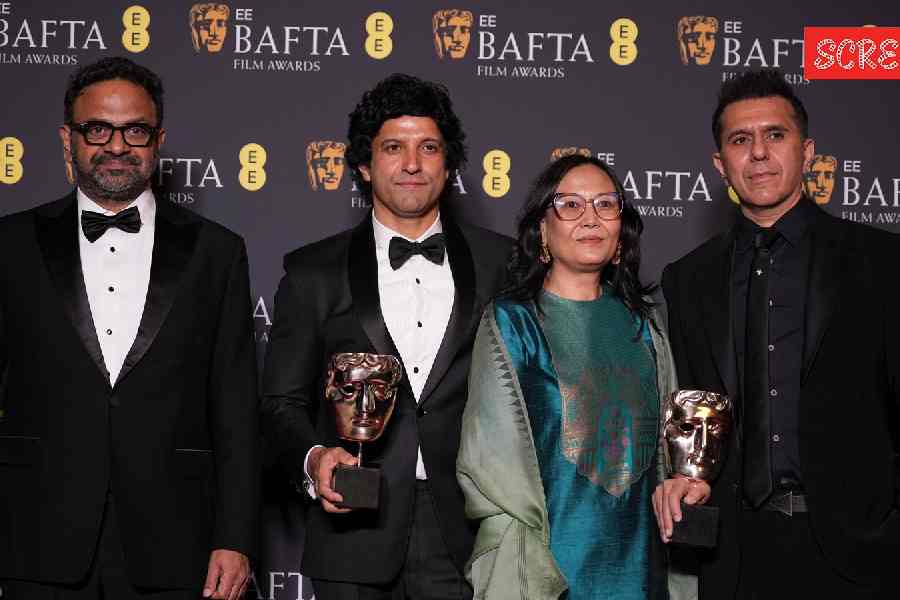Book: THIS TOO IS INDIA: CONVERSATIONS ON DIVERSITY AND DISSENT
Author: Edited by Gita Hariharan
Published by: Context
Price: Rs 599
This book is a fascinating study of such varied themes as texts, ideas and languages, among others. The diverse issues touched upon are as diverse as India itself. The book is in the form of conversations that Githa Hariharan has had over the years with some of the most brilliant minds of contemporary India, including Romila Thapar, Nayantara Sahgal, Shanta Gokhale, Seema Chishti, Bama, Volga, T.M. Krishna, Ayesha Kidwai, Sanjana Kapoor, Vaasanthi and Ritu Menon, to name a few. Most of the interviews are based on the interactions that Hariharan had with these and other intellectuals and political activists during her years in the Indian Cultural Forum.
Through a series of 20 interviews in the form of dialogue, conversations, debates and questions, the book aims to address some of the complex and pertinent issues related to caste, gender, sexuality, education as well as culture. The atrocities inflicted on the ‘lower’ caste groups, declining condition of higher education, curbs on freedom of expression and censorship of cultural activities, such as art and music, are all discussed in an engaging manner. Additionally, the personalities appearing in This Too is India express their anger and frustration with the silences in the public domain as far as acts of dissent and protests are concerned.
Hariharan’s work also raises some important questions. Is it possible to be a writer or an artist, a reader or a student or a teacher, or indeed a citizen, in a political vacuum?; If not, can we conclude that we have to view each one of us as a political being who should have access to public space? What is the truth about our society, culture, politics and how do we hope to shape it in the future? Perplexing, to say the least, these are questions which are hardly investigated in the present milieu.
Anchored skilfully by Hariharan and written coherently, This Too is India draws from the deep wells of personal experiences. Almost all the conversations here affirm to the values of secularism, inclusion and diversity, reason and dissent as well as equality and principles of democracy. Ensconced in these pages are voices of individuals narrating their personal experiences and simultaneously raising questions about fault lines and critiquing the same. Refreshingly, This Too is India imagines an India where dissent, diversity and unity, co-exist peacefully.










